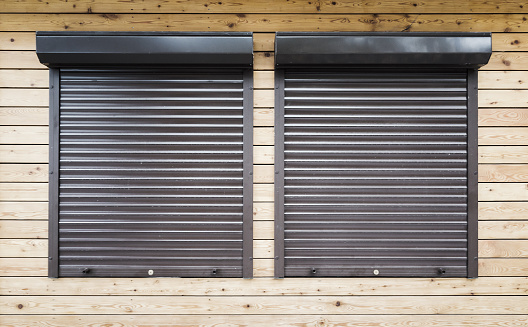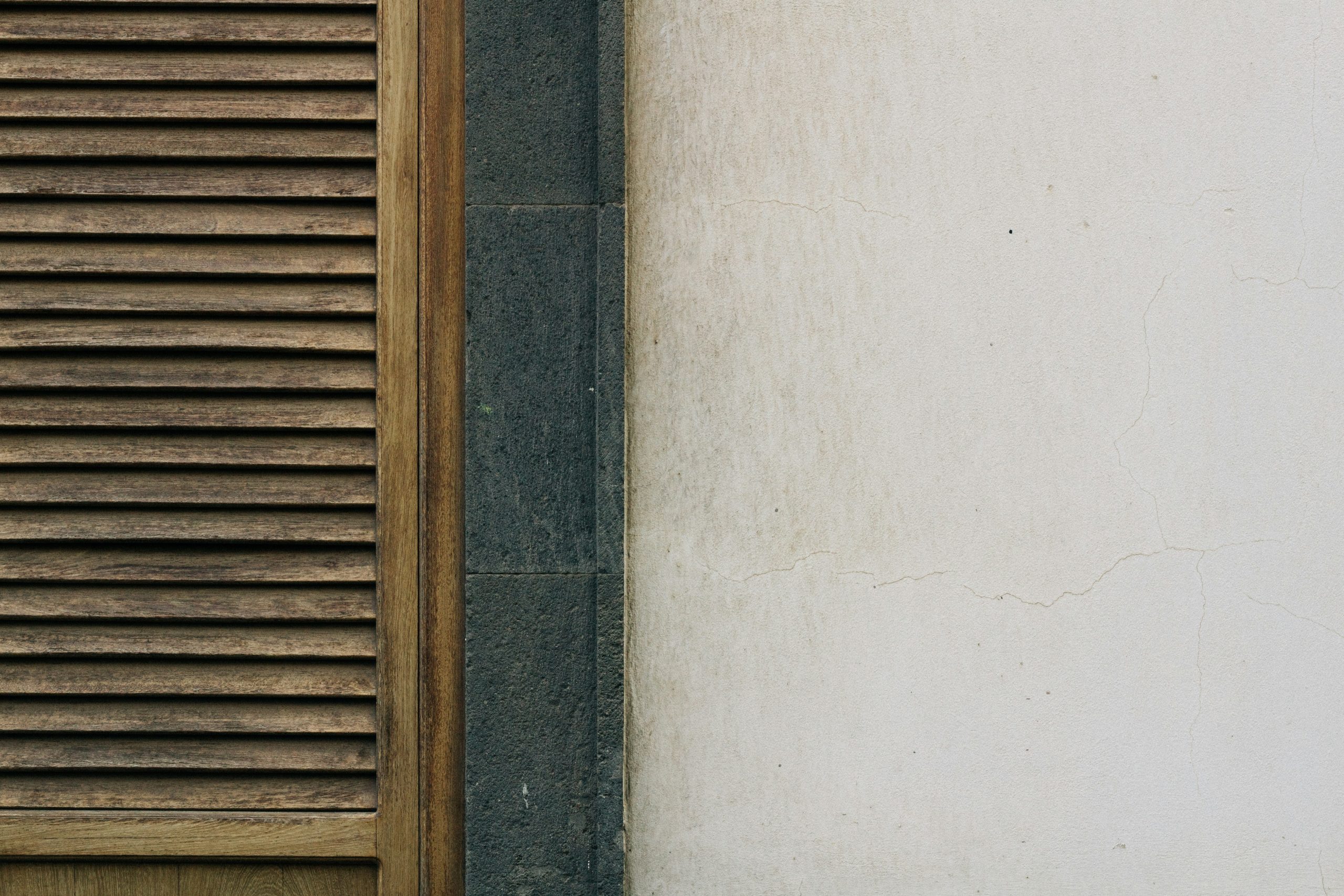What Is Heat Gain & What Can You Do About It?
As global temperatures rise, keeping our homes cool will become increasingly important – even here in the UK with our famously damp climate.

Experts say that we should expect to see summer temperatures regularly topping 40 degrees C in the near future, so understanding heat gain and what you can do to counteract the effects will soon become essential for comfortable living.
Heat gain – which is also known as thermal or solar gain – is the transfer of heat into your house from a variety of different sources, with the main one being the sun. During the summer, solar radiation intensifies, so your buildings will absorb more heat, but there are numerous ways in which you can reduce the impact of this.
The majority of homes in the UK don’t have air-conditioning units installed (although this may well change in the future), but you can use plantation shutters or similar to particularly good effect if you’re keen to keep your home cool in summertime.
A huge percentage of thermal gain comes through your windows, so your choice of window treatment is paramount. Shutters are a particularly good choice because it’s very easy to control the amount of light that comes into the room, but you could also go for blinds, curtains or even window film, depending on your budget.
Other ways to help keep your home cool and make it more energy-efficient include painting your external walls lighter colours, improving your property’s insulation and making your attic area better ventilated to help prevent the house from overheating.
Related articles

Are Roller Shutters Fitted To Windows? | Brighton Shutter Co
One of the most fascinating aspects of shutters and blinds is how there are so many fundamentally different ways to cover a window in a way that blocks out light, looks fantastic and helps improve security. There are few systems better than solid wood shutters for succeeding at all three, but that does not mean […]

Why Wooden Shutters Are Ideal For A Changing Climate
With much of Britain being blanketed in snow this month, now may seem a strange time to be thinking about a world getting warmer. But to focus on a few flurries in what is, after all, the middle of winter to the exclusion of all other evidence would be highly unwise. Although the record-breaking global […]